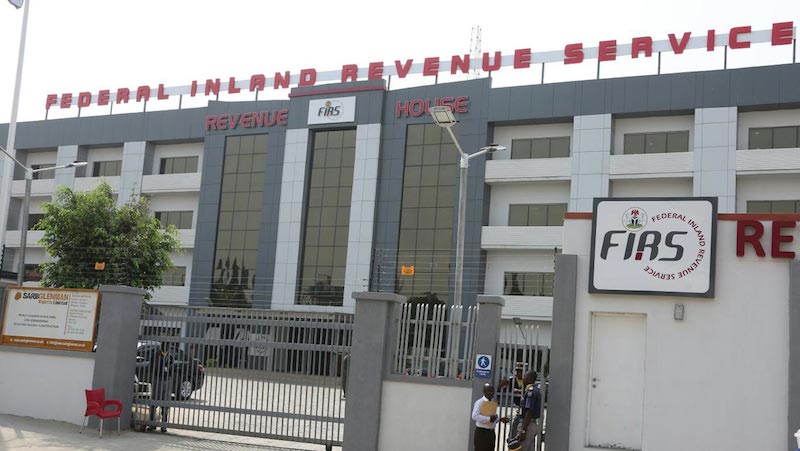
Following the legal battle between the Rivers State government and Federal Inland Revenue Service (FIRS) over the collection of Value Added Tax, VAT, the service has reinstated that it has the backing of the VAT Act to collect the tax.
While giving an insight of the organization position, FIRS Group Lead, Special Tax Operations Group, Mr. Matthew Gbonjubola and his Digital and Innovation counterpart, Mrs. Chiaka Ben-Obi, stated that the VAT law abrogated all sales taxes at the time it was enacted.
According to Mr. Gbonjubola, “VAT came into being by virtue of the VAT Decree of 1993 which was a federal law. It came into effect in 1994, on January 1. According to the law establishing the Value Added Tax, the FIRS is the legitimate authority to administer it.
“The VAT law abrogated all sales taxes at the time it was enacted and upon the advent of the current democratic dispensation , the VAT decree became an Act of the National Assembly and it has remained so until now.”
State collection of tax
The Special Tax Group Lead explained that the input/output mechanism of VAT and the fact that the bulk of VAT revenue comes from imports, as well as, federal government Ministries Departments and Agencies (MDAs) contractors makes it impossible for states to administer the tax/
READ ALSO: Swiss firm acquires N10bn worth of Nestle Nigeria’s shares
According to him, no state government controls any port and that as such, it would be very difficult, if not impossible for sub-nationals to collect VAT.
No state owns port
His words, “There are three very important avenues of VAT collection. One is VAT on imported items- which is collected at the ports of entry. As at today, there is no state government that controls any port in Nigeria, which is why it is a lot easier for the FIRS to administer VAT.
“The second source of VAT is the one we pay when we go to shops and buy things.
“The third which contributes a substantial volume of VAT is the one paid by MDAs when contracts are awarded –either contracts for construction supplies or services. That is why if you look at VAT today, after Lagos, because we have many ports in Lagos, FCT comes second because the majority of contract awards are from the federal ministries and VAT collected in respect of those ministries are from the federal government.
“As to the incidence of VAT, VAT is practised on an input/output mechanism. What it means is that for a business either importing or buying products for re-sale, that business will pay VAT either at the port, if it is importing or to the manufacturer if it is buying from a local manufacturer.
“And when that business pays VAT, it is considered as an input tax, such that if they begin to sell in any part of Nigeria and charges VAT, to its customers, it is able to recoup the VAT paid either at the ports or to the manufacturers.
“It works only at the national level. VAT cannot work at the sub-national level. There is no country in the world where VAT works at the sub-national level because VAT works on the input /output mechanism.
“Just to illustrate it , assuming a business person bought an item, let’s say in Osun State and takes the goods to let’s say Sokoto State to sell, remember that this business person has paid VAT while purchasing the goods in Osun State, and when selling in Sokoto State, he will charge VAT.
“By the operation of the input/output mechanism, this business person will deduct the input tax paid in Osun State from the output tax charged in Sokoto state and remit any difference to the relevant tax authorities. In this case the relevant tax authorities handling VAT is the FIRS. It is the same tax authorities that received the VAT in Osun State that receives the output tax in Sokoto state.
“So it is easy to work out the input /output mechanism and there is no issue of the business person being shortchanged. There is no issue of the consumer paying VAT more than once.
“However, if this is operated at the state level, it will mean that when the business person is

